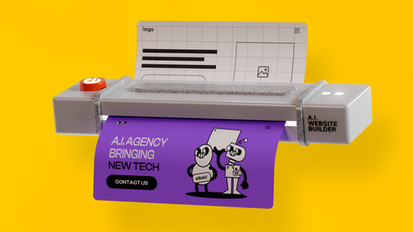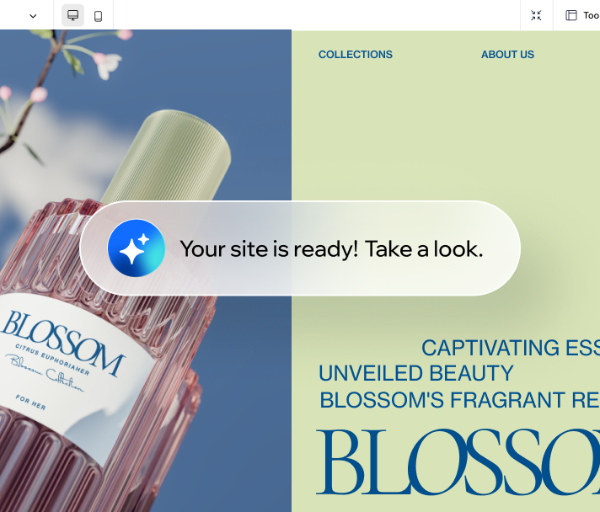Free Web Pages for Small Business Resources
Free Web Pages for Small Business Challenges
Free Web Pages for Small Business
Cooking and baking are not only enjoyable activities, but they can also be a great way to express creativity and share delicious food with others. If you run a food blog or website, building recipes is a crucial part of your content creation. Whether you are a seasoned chef or a home cook, creating enticing and unique recipes can help you attract more visitors to your website and keep them coming back for more. Here are some tips on how to build recipes on your website that will impress your audience and keep them engaged.

Quick Free Web Pages for Small Business Guide
Free Web Pages for Small Business
A web designer’s primary goal is to create a visually appealing website that engages users and encourages them to explore further. This involves using a combination of technical skills and creativity to design a layout that is both aesthetically pleasing and easy to navigate. Web designers must also have a good understanding of user experience (UX) design principles to ensure that the website is intuitive and user-friendly.
In addition to creating the overall design of a website, web designers are also responsible for implementing various features and functionalities. This includes integrating multimedia elements such as images, videos, and animations, as well as creating interactive elements like buttons, forms, and drop-down menus. Web designers may also be responsible for optimizing the website for search engines (SEO) to help improve its visibility and ranking in search results.
To be successful as a web designer, one must possess a strong foundation in graphic design principles, as well as a good understanding of web development technologies such as HTML, CSS, and JavaScript. These skills are essential for creating visually appealing and responsive websites that work seamlessly across different devices and browsers.
Web designers often work closely with clients or project managers to understand their requirements and objectives for the website. This involves conducting research, brainstorming ideas, and creating mock-ups or wireframes to present to the client for review and feedback. Once the design is approved, web designers then proceed to code and develop the website using various programming languages and tools.
There are many different types of web designers, each with their own area of expertise. For example, graphic designers specialize in creating visual elements such as logos, icons, and illustrations, while user interface (UI) designers focus on designing the layout and overall look and feel of a website. User experience (UX) designers, on the other hand, are more concerned with how users interact with the website and how to improve their overall experience.
The role of a web designer can vary depending on the size and scope of the project. For small businesses or individuals looking to create a simple website, a web designer may be responsible for all aspects of the design and development process. However, for larger, more complex projects, web designers may work as part of a team alongside web developers, content creators, and digital marketers to bring the website to life.
In addition to technical skills, successful web designers also possess strong communication and problem-solving abilities. They must be able to effectively communicate their ideas and collaborate with others to bring a project to completion. Web designers must also be able to adapt to changes and solve problems quickly and efficiently, as technology and design trends are constantly evolving.
AI web builders utilize advanced algorithms and machine learning to automatically design and build websites based on user input and preferences. This technology eliminates the need for manual coding, design, and development, making it accessible to individuals and business owners without technical skills.
One of the key features of AI web builders is their ability to generate unique designs tailored to the user’s needs. By analyzing thousands of templates and design elements, AI algorithms can create a visually appealing website that reflects the brand’s identity and message. Users can also customize these designs by adjusting colors, fonts, layouts, and images to create a website that stands out from the competition.
In addition to design customization, AI web builders also offer advanced features such as mobile responsiveness, SEO optimization, and e-commerce capabilities. These tools ensure that websites are optimized for various devices, search engines, and online transactions, making them more effective in reaching and engaging target audiences.
Another advantage of using AI web builders is their speed and efficiency. With traditional web design methods, creating a website from scratch can take weeks or even months. In contrast, AI web builders can generate a fully functional website in a matter of hours, saving time and resources for users. This rapid turnaround time allows businesses to quickly establish an online presence and start generating leads and sales.
Furthermore, AI web builders offer scalability and flexibility to accommodate the changing needs of businesses. Users can easily update, modify, or expand their websites without the need for technical expertise or assistance. This agility enables businesses to stay competitive in a dynamic market by adapting to new trends and technologies quickly.
Despite its many benefits, some may argue that AI web builders lack the personal touch and creativity of human designers. While it is true that AI algorithms are limited by predefined rules and patterns, these tools can still produce visually appealing and functional websites that meet the user’s requirements. Moreover, users can add their unique touch to the design by incorporating original content, images, and branding elements.

How to Free Web Pages for Small Business
Free Web Pages for Small Business
Overall, web hosting is a crucial component of building and maintaining a website. Choosing the right web hosting provider and plan can have a significant impact on the performance, security, and success of your website. Whether you are a small business owner, blogger, e-commerce retailer, or large enterprise, selecting the appropriate web hosting service is essential for maximizing the potential of your online presence.


